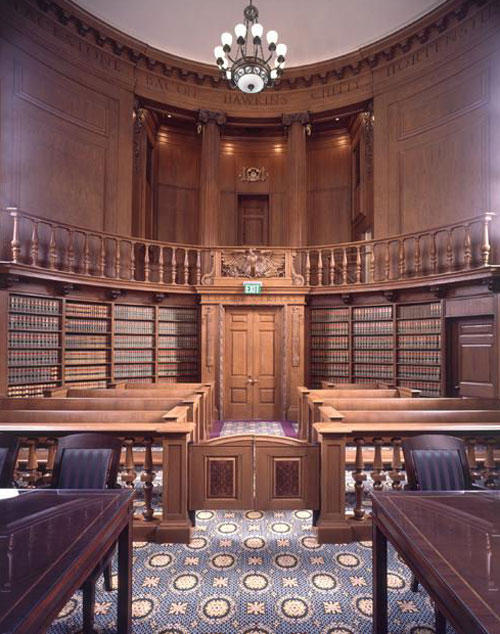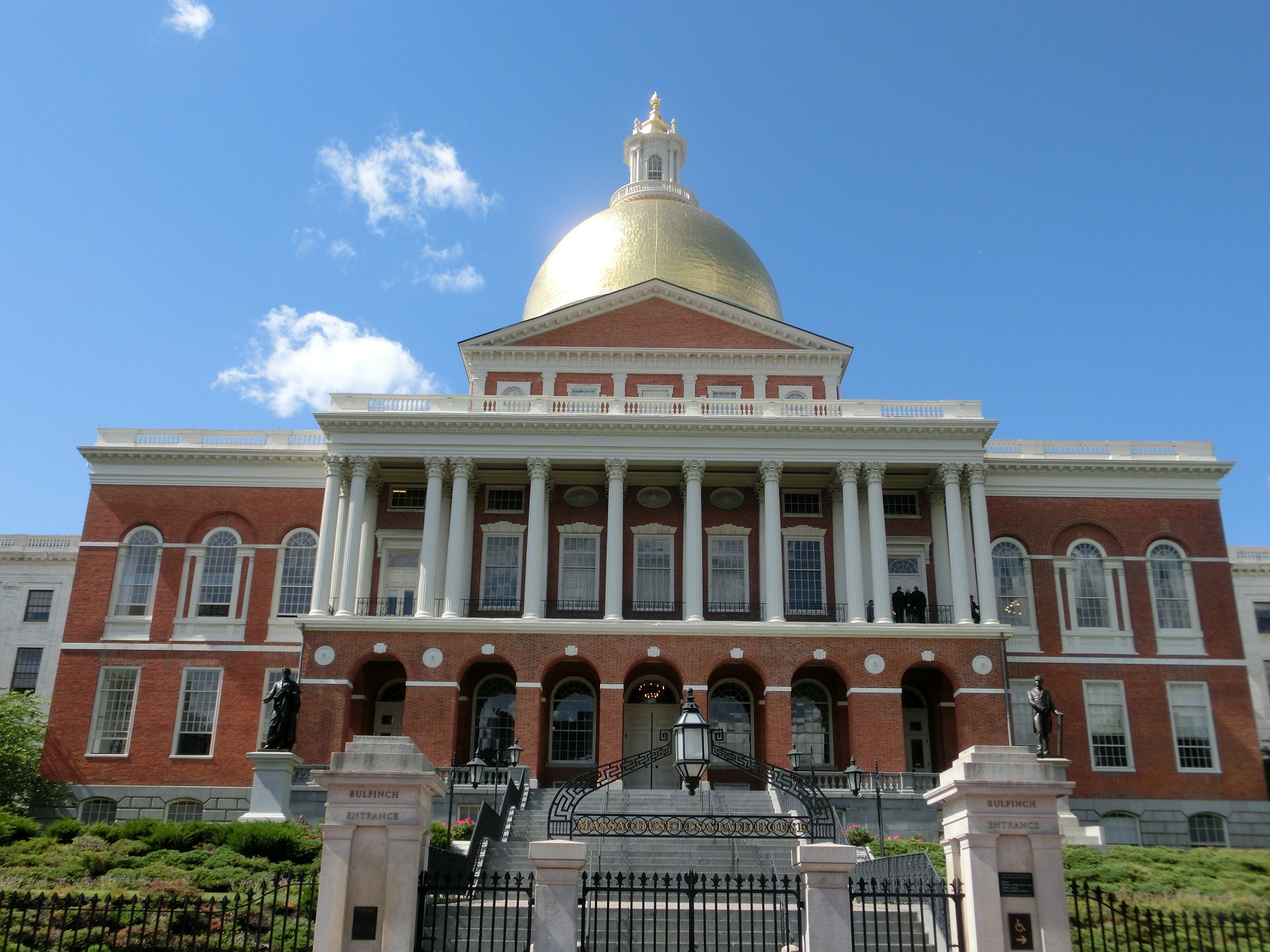Conservative Christian Group’s Title IX Complaint Against Transgender Athletes Ignores the Meaning of “Sex” Under Title IX Law

Last week, the Alliance Defending Freedom (ADF), a Christian organization purporting to focus on religious liberty issues, filed a complaint with the Department of Education’s Office for Civil Rights (OCR) on behalf of three female high school athletes in Connecticut. The complaint alleges that the three Complainants—cisgender elite track athletes—are being discriminated against because the Connecticut Interscholastic Athletic Conference (CIAC) permits transgender female athletes to compete in girls’ sports. The ADF has a history of instituting suits on behalf of cisgender students, arguing that recognizing transgender students’ gender identities harms their cisgender peers.
Although courts around this country have made clear that being transgender does not make someone any less a girl in the eyes of the law, the ADF Complaint consistently and incorrectly refers to transgender female athletes as “boys” and argues that allowing these “boys” to compete against girls violates girls’ rights to equal athletic opportunities. The Complaint sets forth statistics about male and female athletes to show that in almost every sport male athletes would beat female athletes if they competed head to head. It then argues: “the CIAC permits males with all the hormonal and physiological advantages that come with male puberty and male levels of testosterone to enter and win in girls’ athletic competitions of all sorts, without any exceptions.”
 Boston Lawyer Blog
Boston Lawyer Blog
















